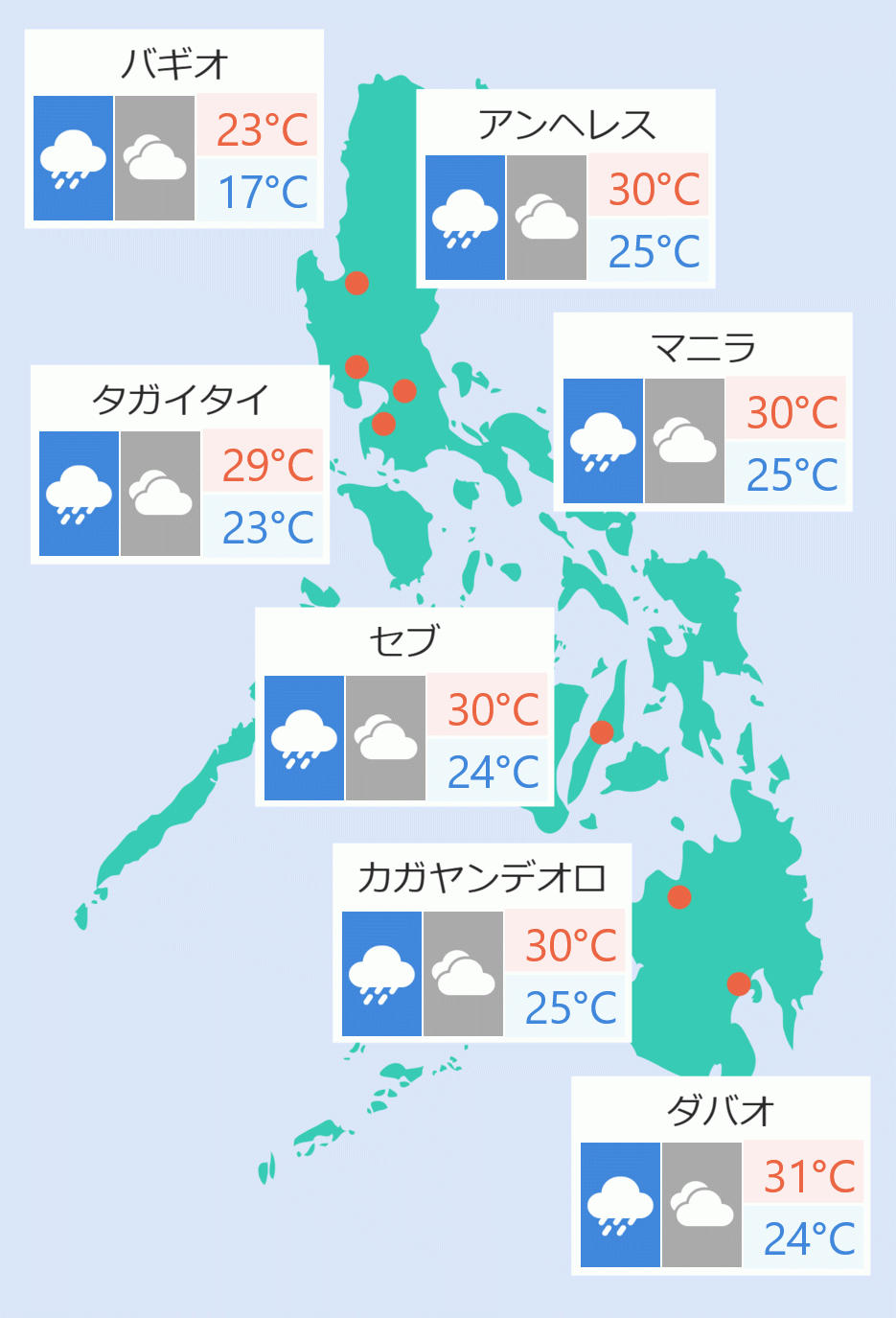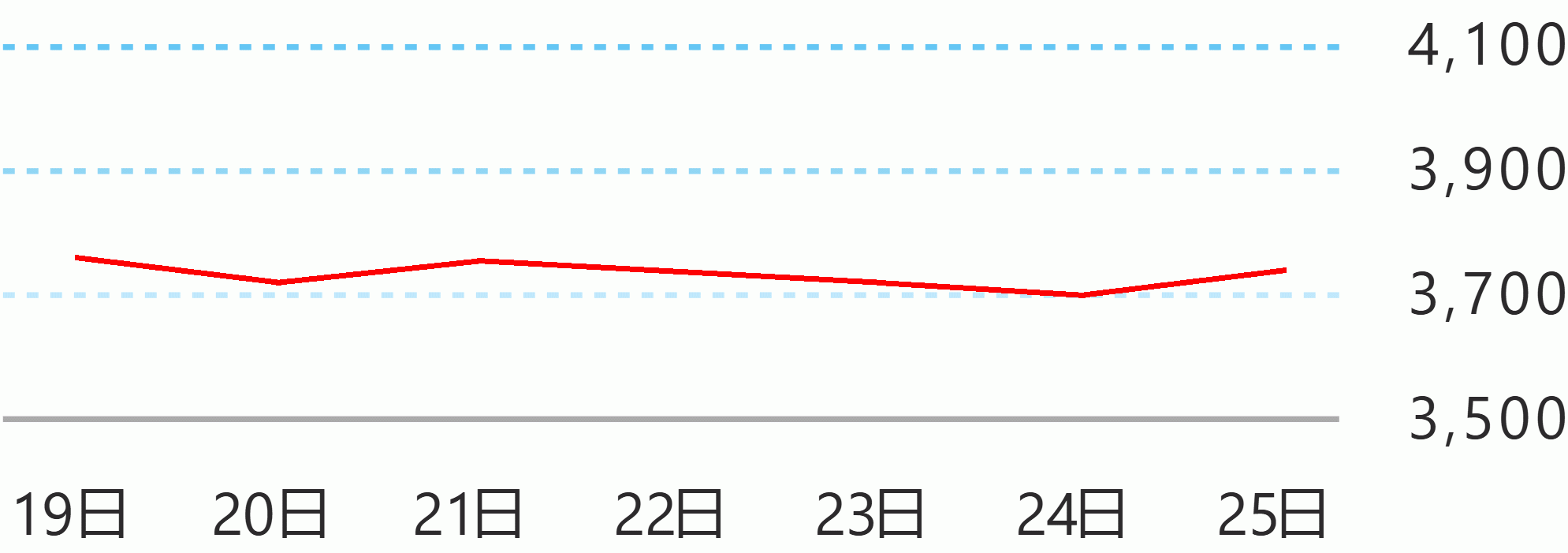Japan has extended financial aid for two projects in the newly-established Bangsamoro Autonomous Region in Muslim Mindanao (BARMM), particularly for the Muslim rebels who would soon be decommissioned.
Representing the Japanese government, Ambassador Koji Haneda signed exchanges of notes with Food and Agriculture Organization Representative Jose Luis Fernandez and with International Labour Organization Country Office in the Philippines Director Khalid Hassan for the agricultural training for the establishment of peace in Mindanao and the community-based water supply development in the BARMM, respectively, in ceremonies held in Pasig City on Wednesday.
"My hope is that the farm schools to be organized by the FAO will help farmers, fishermen, as well as decommissioned combatants, rebound from the ruins of conflict by acquiring up-to-date agricultural vocational know-how," Haneda said during the event.
Japan has earmarked $1.765 million for the FAO-led project, which entails intervention for 2,000 farmers and fisherfolk and their households in Basilan, Sulu, Tawi-Tawi, and Zamboanga Sibugay.
The project will be implemented from March 2019 to February 2020.
Haneda said he also looks forward to seeing more households in the Bangsamoro region gain better access to potable water, "averting vulnerabilities to water-borne diseases caused by unsafe sources."
Japan has allotted $2.6 million for the community-based water supply development in the BARMM.
The project would entail the construction of water supply and recovery systems using local workforce.
Over 1,8000 workers and almost 12,000 households in conflict-affected communities would benefit from the economic activity created by the project.
Presidential Peace Adviser Carlito Galvez Jr. thanked Japan, ILO and FAO for providing assistance to the BARMM. Celerina Monte/DMS





 English
English









